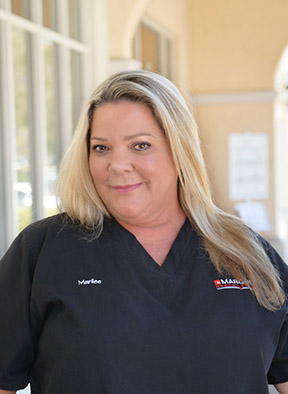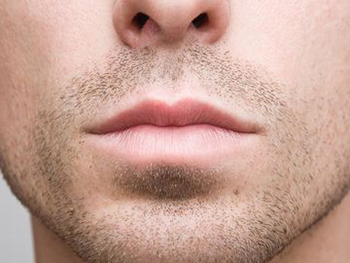
There is a type of fungus called candida that lives in our digestive tract and on our skin without causing us any problems. Candida can sometimes multiply and cause infection if the environment inside our mouth, throat or esophagus changes in a way that promotes fungal growth.
Here are a few symptoms of candidiasis in the mouth: white patches in the inner cheeks, roof of the mouth, throat, and tongue. Loss of taste, redness or soreness, cottony feeling in the mouth, pain while swallowing or eating and cracking and redness at the corners of the mouth.

So, who gets candidiasis? You are at risk if you have HIV/AIDS, you smoke, or have cancer, diabetes, wear dentures, take antibiotics or corticosteroids. Additionally, you are prone to candidiasis if you take medications that cause dry mouth or have medical conditions that cause dry mouth.
To prevent candidiasis in the mouth, throat or esophagus: maintain good oral health and rinse your mouth or brush your teeth after using inhaled corticosteroids. Studies show that chlorhexidine mouthwash can help to prevent oral candidiasis in people undergoing cancer treatment.
The information provided is for general interest only and should not be misconstrued as a diagnosis, prognosis or treatment recommendation. This information does not in any way constitute the practice of medicine, or any other health care profession. Readers are directed to consult their health care provider regarding their specific health situation. Marque Medical is not liable for any action taken by a reader based upon this information.
